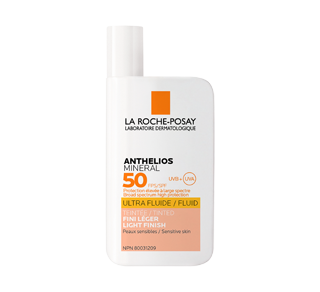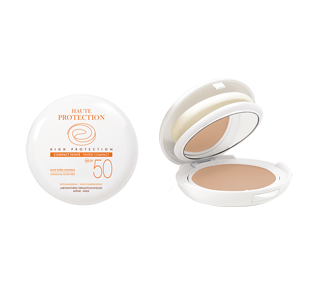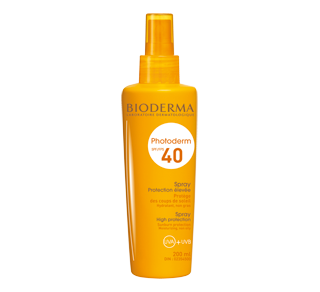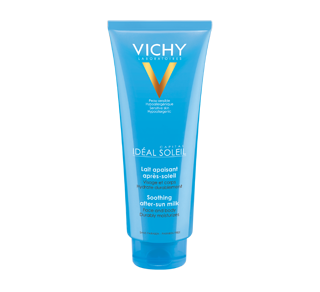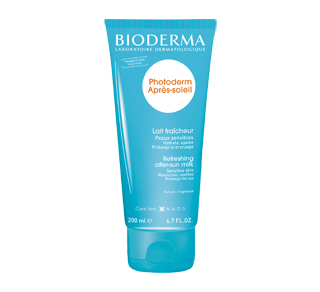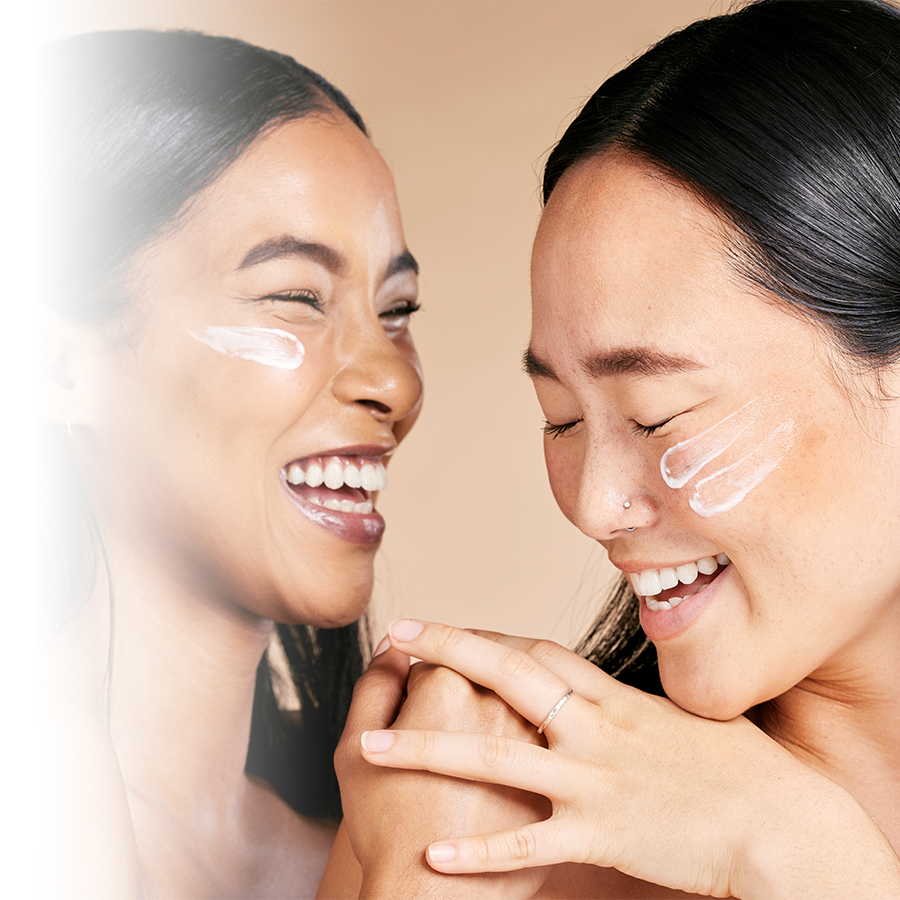SPF index, protection against UV rays, ingredients, water resistance... the world of sunscreens is vast! Follow this little guide to enjoy the summer safely!
DETERMINE YOUR SKIN PHOTOTYPE
Each person has their own skin phototype, ranging from 1 to 6. The phototype depends on hair colour, skin shade, frequency of sunburns and type of tan. The lower it is, the easier the skin can burn.
Dou have a high phototype and a golden tan all year round? You're lucky ... but not invincible! No one is safe from the harmful effects of UV rays.
STAY PROTECTED
Is it grey or cold out? Or is the heat finally here after the long winter? Regardless, UV rays are always present. Whatever the temperature or the season, you need take precautions! Even if your phototype protects you from sunburns caused by UVB, you’re still vulnerable to premature aging of your skin, courtesy of UVA rays (hello wrinkles, fine lines and pigment spots!) and the risk of skin cancer.
Did you know? Windows don’t block UV rays. So, it’s essential to wear sunscreen even if you’re spending the day at home or going for a drive in the car.
READ PRODUCT LABELS CAREFULLY
When it comes to choosing your sunscreen, opt for a broad-spectrum product that blocks both UVA and UVB rays. FYI, SPF 30 sunscreen usually blocks 96.7% of ultraviolet rays, while SPF 60 sunscreen blocks 98.3%. You also want to look at the back of the packaging to ensure that the screen is photostable, that is, that it remains effective despite exposure to UV rays. If in doubt, feel free to ask your cosmetician for help.

SPFs
Many myths surround the sun protection factor (SPF). Does a higher index provide better protection? Sadly, no. In fact, a sunscreen with a 50 SPF blocks only 5% more UVB radiation than one with a 15 SPF. The SPF represents the relationship between the time needed for UV radiation to produce a sunburn on protected skin and the time it would take to burn skin without any protection. A 50 SPF indicates that you can, in theory, expose yourself to the sun 50 times longer without any risk of damage. Take note that this factor doesn’t protect you three times more than a 15 SPF but three times longer.
Which SPF should you choose? For optimal protection, it’s generally advisable to use an SPF of at least 30. If your skin is sensitive, choose an SPF between 40 and 50.
IN SEARCH OF THE PERFECT SUN LOTION?
There are more and more fast-absorbing, dry-touch formulas that don't clog pores – THE solution for combination or oily skin! Multipurpose creams are here to stay, hurray! In addition to blocking the sun, these products are bursting with beneficial ingredients and can exert a moisturizing or anti-aging action and protect sensitive skin. And the bonus is, they’re often water-resistant. Be careful, though. If you’re going to run for miles or swim all afternoon, be sure to reapply some at least every hour.
Did you know?Some medications can make your skin more sensitive to sunlight. Ask your pharmacist for information.
USE DERMO-COSMETIC CARE PRODUCTS
The delicate skin of your face is the part of your body most exposed to UV rays, hence the importance of giving it special attention, both summer and winter. For dual benefits, choose Dermo-Cosmetic solar products: developed by dermatologists, these products offer formulas specifically designed for the face. They often have a very high protection factor, forming an effective barrier against the sun and other aggressors. Some contain anti-pollution ingredients or antioxidants and their ultralight texture mattifies the skin by absorbing sweat and oil. No more sticky feel or shiny skin! There are even delicately tinted treatments that subtly blend into your skin to smooth and illuminate it. Make them part of your morning beauty routine, all year round.
Chemical or mineral filter? Rays are absorbed by chemical filters (instead of being absorbed by your skin) while mineral and physical filters act as barriers that deflect or block the sun’s rays.
RELY ON AFTER-SUN CARE
Since no sunscreen blocks 100% of UV rays, it’s important to give your skin a regenerating treatment after each exposure. After-sun care products are veritable elixirs of targeted active ingredients selected for their restorative virtues. They nourish your skin, relieve the sensation of tightness caused by dehydration and envelop your body with a refreshing veil. By preventing your skin from drying out and flaking, after-sun care products prolong your tan—and your healthy complexion! Some even contain iridescent particles that give your skin a radiant glow.

